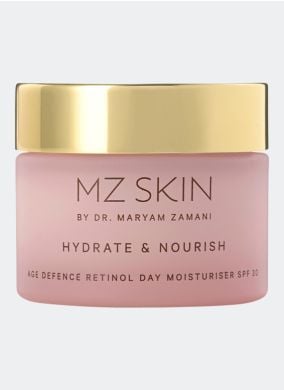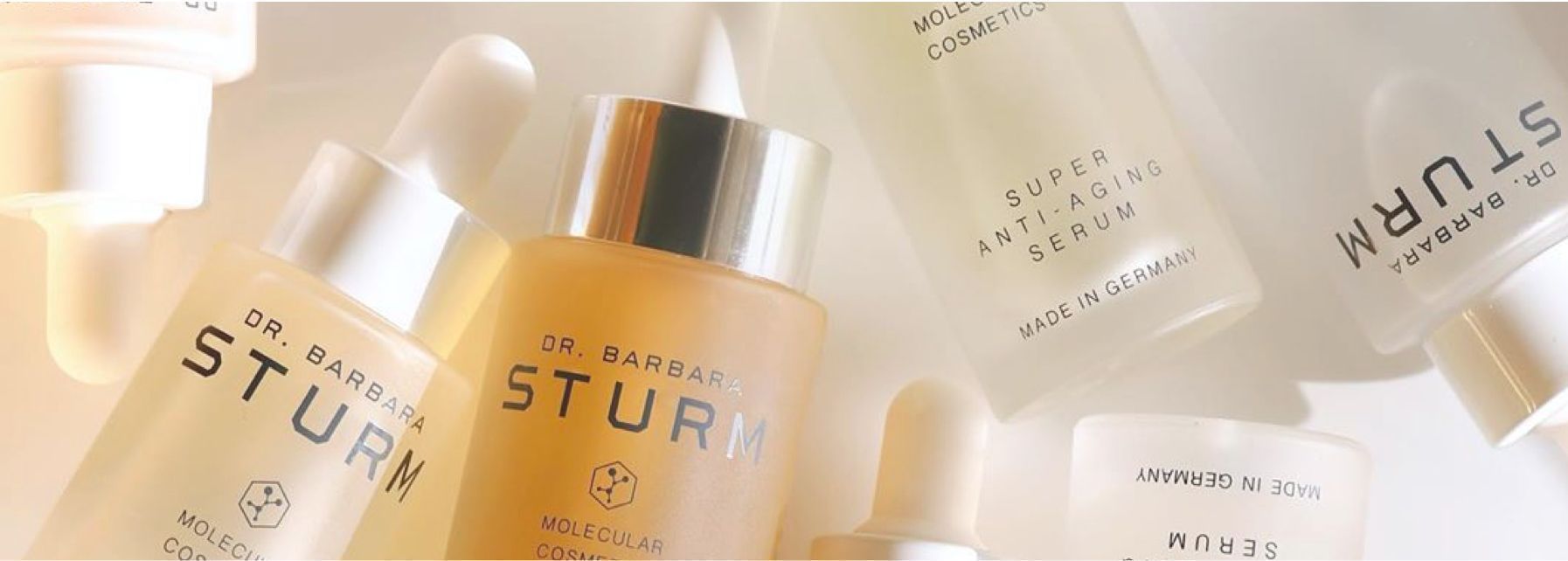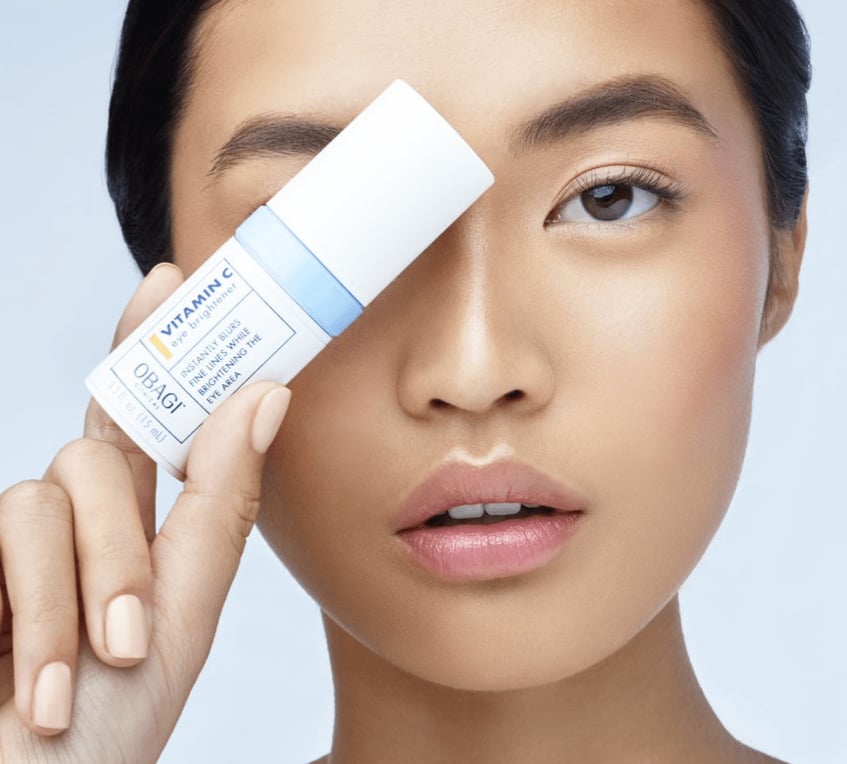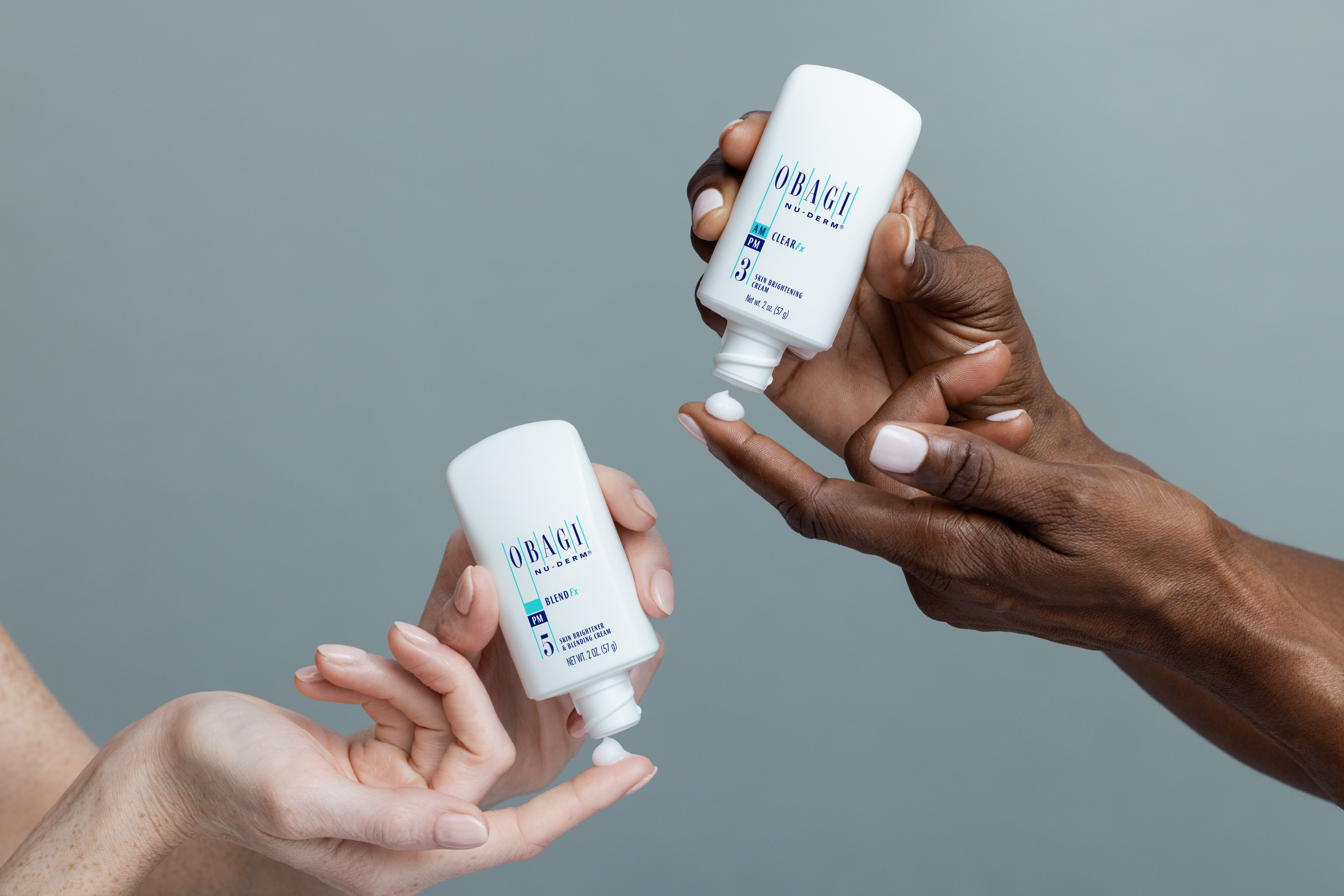How To Safely Use Retinol In The Summer?
1. Pick a Retinol Product That is Right For You
There are many, many retinol products on the market, so choosing the right one for you is vital. Take the Obagi Retinol 1.0% for example. This amazing skincare must-have has a formula that doesn’t just contain retinol - but microencapsulated retinol. This means that it will be absorbed by the skin gradually, over time.
It breaks down the layers of the skin over time. This can reduce any irritation that may be experienced when using a retinol product, and allows you to still get all the amazing benefits. It is also recommended that you wear SPF if exposed to the sun when using this product in your routine.
2. SPF All The Way
Retinol can make the skin slightly more sensitive to the sun, but it’s nothing a little SPF can’t combat. Having good sun protection as part of your skincare routine is a must - especially if you plan on using retinol. As we’ve always said, sunscreen is important all year round, but particularly in the summer sun, you need to protect your skin from those harmful UV rays.
Our Skincare Experts recommend the SkinCeuticals Ultra Facial Defence with SPF 50. The lightweight sunscreen is formulated with state-of-the-art UV filters that are easily absorbed for maximum protection to prevent UV-induced collagen breakdown, as well as UV-induced hyperpigmentation and other signs of premature ageing caused by those nasty rays.
We would say that the frequency of applying retinol or retinoid in the summer does not necessarily need to be altered unless your skin tells you so. Unless there is a significant sensitivity when using retinol, you won’t have to limit your retinol use in the summer - just make sure you are keeping top of the good old SPF.
3. Evening Skincare Routine
The golden rule of retinol is to apply in the evening. Some products have been specially formulated to be used in the daytime, like the MZ Skin Hydrate & Nourish Age Defence Retinol Day Moisturiser SPF 30, but they’re an exception to the rule.
Applying in the evening allows the retinol to get to work without interference from the sun, rejuvenating your skin overnight. We’d recommend cleansing the skin and then waiting for it to dry completely before applying a light layer of retinol. If you’re concerned about dryness, you could also apply a moisturiser after this, but it isn’t a necessary step for everyone.











